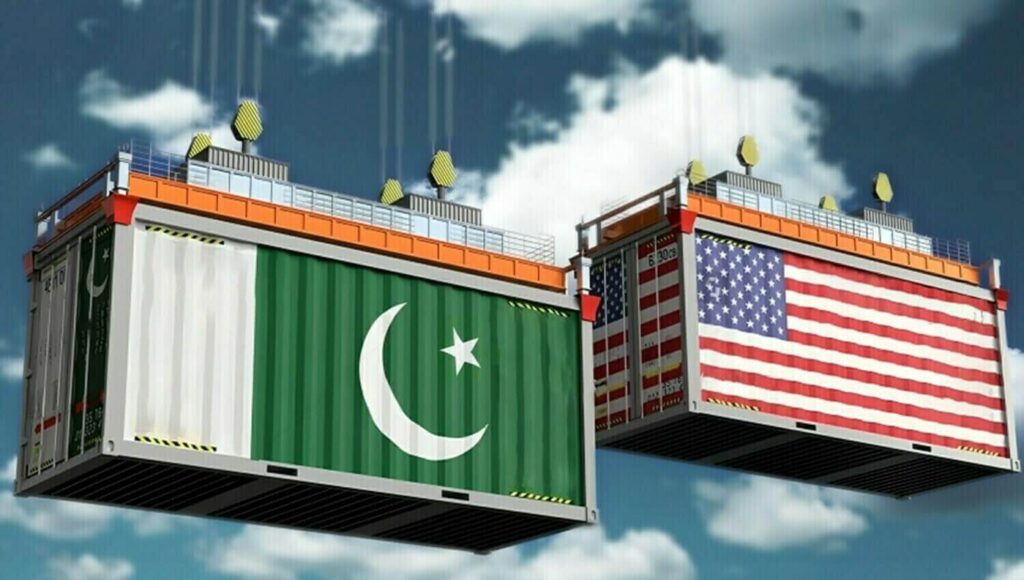In a promising development for regional trade and economic diplomacy, the United States and Pakistan have announced plans to fast-track negotiations for a reciprocal tariff deal—a move that could significantly reshape their bilateral trade landscape. This potential agreement is expected to lower trade barriers, stimulate cross-border investment, and open up broader market access for key sectors including textiles, technology, agriculture, and manufacturing.
For Pakistan, this fast-track deal offers a timely opportunity to boost exports, attract American investors, and strengthen its footprint in the global market. For the United States, it aligns with a broader strategy to deepen economic ties in South Asia, diversify trade partners, and support democratic allies with untapped potential.
Officials on both sides have expressed optimism that this tariff framework could set the foundation for a modernized and mutually beneficial economic relationship, one that encourages private sector collaboration, improves supply chain integration, and enables policy-driven ease of doing business. In a global economic climate still recovering from post-pandemic disruptions, the accelerated pace of talks signals a strong intent by both nations to prioritize trade-led recovery and long-term economic resilience.
If successfully implemented, the deal could usher in a new era of US–Pakistan cooperation, leading to greater market diversification, job creation, and foreign exchange stability for Pakistan—while giving American businesses enhanced access to one of the world’s largest emerging consumer markets.
